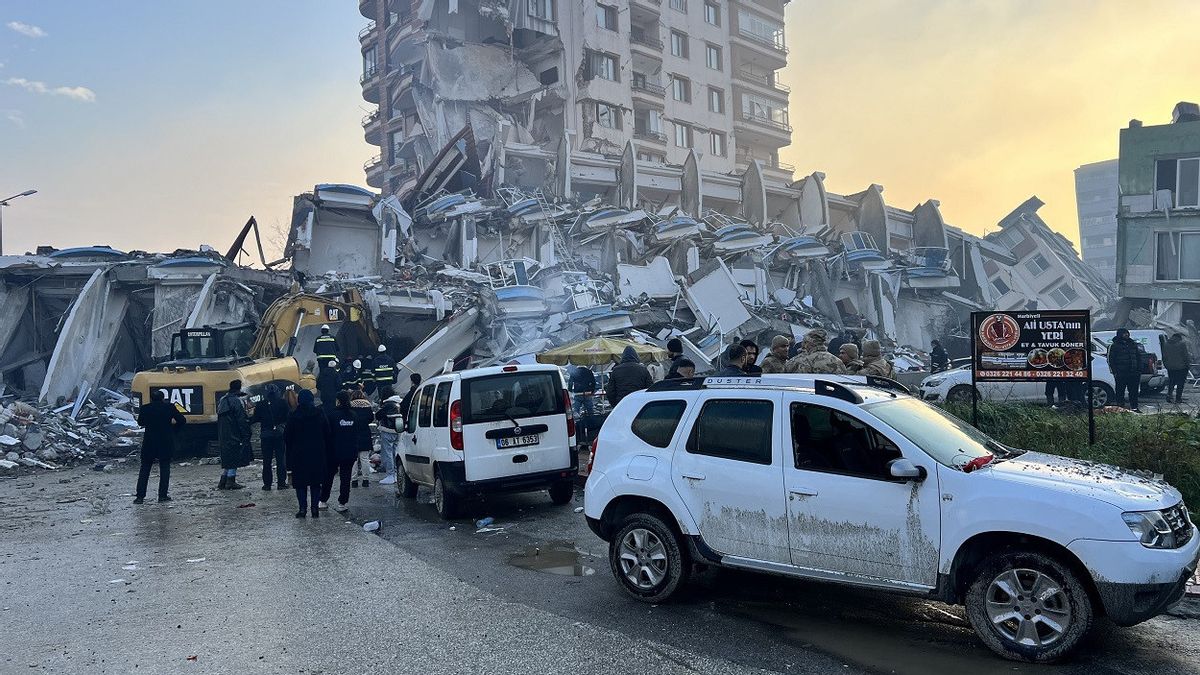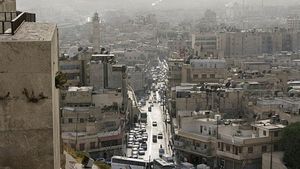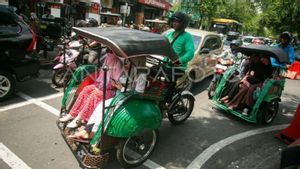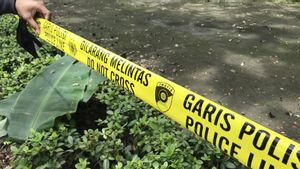JAKARTA - Turkey's reconstruction and recovery costs could exceed 68 billion US dollars or approximately Rp. 1,036,374,400,000,000 as a result of last month's earthquake, which killed approximately 50,000 people and damaged more than 105,000 buildings, the World Bank said.
Turkey suffered a loss of around 34.2 billion US dollars or approximately Rp. 519,037,200,000,000 due to direct physical damage from the February 6 disaster, equivalent to about 4 percent of 2021 gross domestic product, according to the World Bank in a 50-page damage assessment report.
"The estimated damage does not represent an estimated indirect or secondary impact cost on the Turkish economy, and is not an estimated impact on its economic growth," he said.
GDP losses related to economic disruption will also increase costs and further aftershocks are expected to increase the estimated damage over time, the World Bank said.
Meanwhile, the Turkish Confederation of Companies and Business has published an estimated 84 billion dollars, based on a comparison with the earthquake that rocked one of the country's regions, Izmit, in 1999.
Turkey was hit by 7.8 and 7.5-magnitude earthquakes on February 6, followed by more than 7,500 aftershocks and two additional earthquakes, causing the country's biggest disaster in more than 80 years.
The World Bank says 11 provinces in the southern part of the country have some of the highest poverty rates in Turkey, housing more than 1.7 million Syrian refugees, which is about half of the total population of Syrian refugees there.
The most extensive damage to buildings and infrastructure occurred in the Provinces of Hatay, Kahramanmara Totaling, Gaziantep, Malatya and Adryptaman, which jointly accounted for 81 percent of the estimated damage and was home to about 6.45 million people, about 7.4 percent of the population.
"This disaster serves as a reminder of Turkey's high risk to earthquakes and the need to increase resilience in public and private infrastructure," said Humberto Lopez, director of the World Bank for Turkey, as quoted by The National News March 1.
"As a leader in disaster risk management, the World Bank is committed to accompanying Turkey in its efforts to recover a disaster-resistant economy," he said.
Furthermore, about 1.25 million people are temporarily homeless, due to moderate to severe damage to buildings or their total collapse.
Direct damage to residential buildings accounted for 53 percent (USD 18 billion) of total damage, with 28 percent of damage (USD 9.7 billion) to non-residential buildings and 19 percent of damage (USD 6.4 billion) to infrastructure.
The World Bank attributes significant damage to buildings and infrastructure across southern Turkey to two very large and shallow earthquakes that have returned back, in addition to thousands of aftershocks as high as 6.7 magnitude.
"Initial anecdotal evidence appears to suggest that most of the affected buildings were built before 2000, when rules regarding the 1997 building were deemed to have been applied regularly in construction," according to the World Bank.
"The potential lack of regulatory compliance, which refers to buildings that are not designed, built and inspected in accordance with Turkey's seismic building code, is also a factor in the severity of the damage caused by the earthquake," the agency continued.
"The lack of recent major seismic events in the region may have reduced awareness of how to prepare and respond to large earthquakes. With the exception of smaller events, such as the 2020 Elazig earthquake (magnitude-6.8), the last major earthquake with the same magnitude was in 1822, around Hatay," he explained.
The World Bank, which said on February 9 it provided $1.78 billion to help with relief and recovery efforts in Turkey, said the assessment was still ongoing.
The English, Chinese, Japanese, Arabic, and French versions are automatically generated by the AI. So there may still be inaccuracies in translating, please always see Indonesian as our main language. (system supported by DigitalSiber.id)













